Nautilus Institute’s Policy Forum‘s focus is on the timely publication of expert analysis and op-ed style pieces on the foremost of security-related issues to Northeast Asia. Its mission is to facilitate a multilateral flow of information among an international network of policy-makers, analysts, scholars, media, and readers. Policy Forum essays are typically from a wide range of expertise, political orientations, as well as geographic regions and seeks to present readers with opinions and analysis by experts on the issues as well as alternative voices not typically presented or heard. Feedback, comments, responses from Policy Forum readers are highly encouraged.
Practically Unusable: A North Korean Nuclear Device

Practically Unusable: A North Korean Nuclear Device
by Roger Cavazos – DPRK Contributor
Exactly when North Korea will detonate another device is anyone’s guess. But let’s remember…
Inter-Korean Normalization
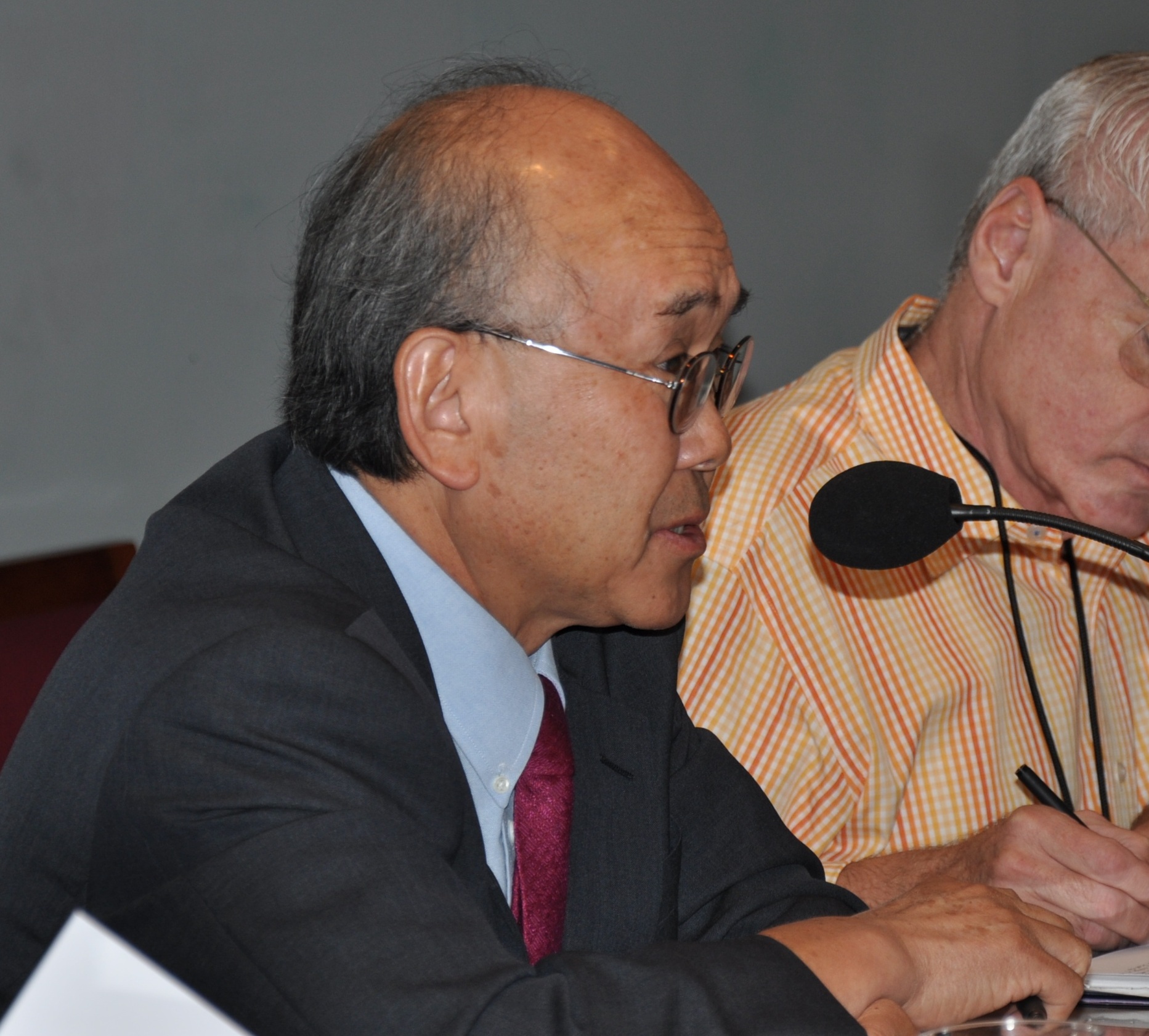
In this concise report Haksoon Paik lists the current state of key issues preventing inter-Korean normalization, including the lack of national reconciliation, the continued threat of war and the persistent North Korean nuclear weapons program. He also provides a brief overview of the South Korean position on a Northeast Asian Nuclear Weapons Free Zone.
Haksoon Paik is currently the director of Inter-Korean Relations Studies Program and the director of the Center for North Korean Studies at the Sejong Institute in Korea.
This report was originally presented at the New Approach to Security in Northeast Asia: Breaking the Gridlock workshop held on October 9th and 10th, 2012 in Washington, DC.
Go to the articleRe-entry Vehicles and Rhetoric in Pyongyang
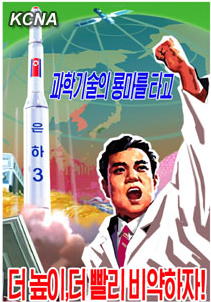
Re-entry Vehicles and Rhetoric in Pyongyang
by Peter Hayes – Deterrence Contributor
After 5 test firings (failures in 1998, 2006, 2009, 2012, and success, December 12, 2012) we know that DPRK long range rockets…
Critical Military Issues: The Rebalancing Strategy and Naval Operations
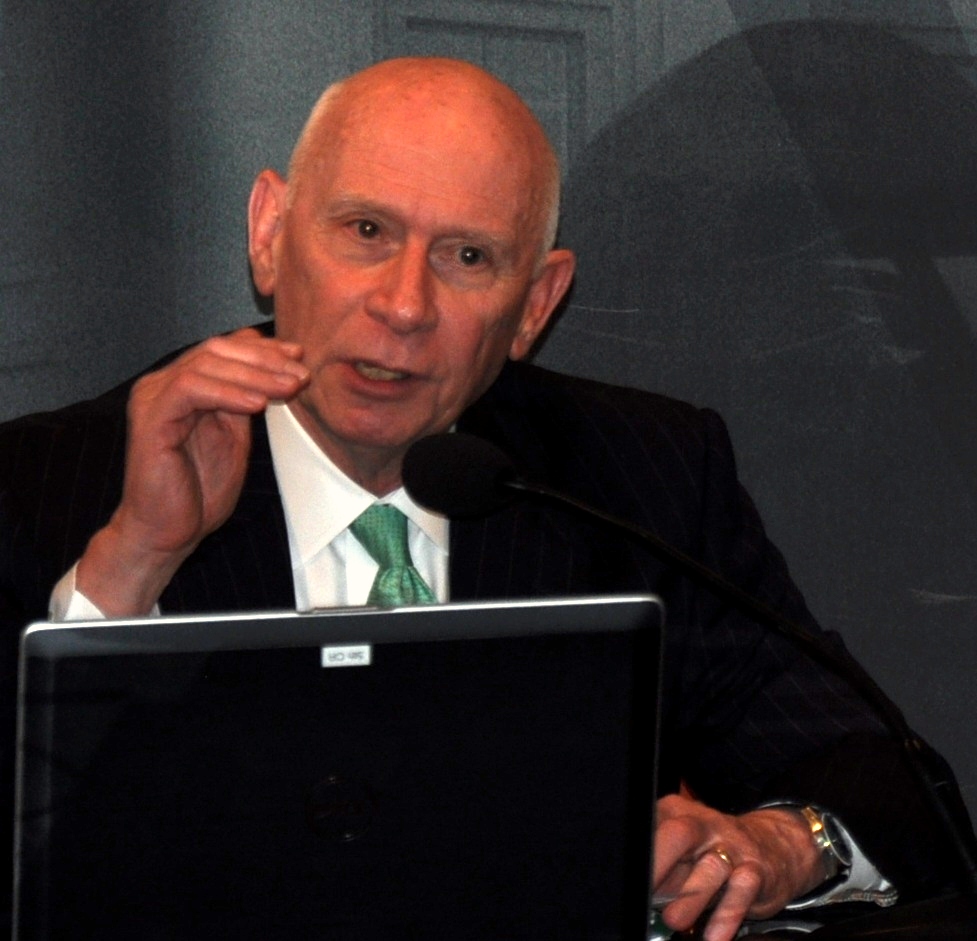
Michael McDevitt assess US Force posture in East Asia. He concludes, “It is unlikely that China will halt development of what it considers necessary for its defenses. It is also clear that the United States does not intend to sit idly by and permit the introduction of military capabilities that could deny it access to East Asia in a time of conflict, and in peacetime undermine its credibility as capable ally…It will be a period of competing strategic concepts – assured access vs. denied access, complemented by the introduction of military capabilities by both sides necessary to accomplish those ends.”
Rear Admiral Michael McDevitt, US Navy (Ret.) is a senior fellow with CNA Strategic Studies.
This report was originally presented at the New Approach to Security in Northeast Asia: Breaking the Gridlock workshop held on October 9th and 10th, 2012 in Washington, DC.
Go to the articleWhose earth?

Whose earth?
by Nikhil Desai – Energy Security Contributor
Last week’s NAPSNet weekly report mentioned the disease toll of household cooking with unprocessed solid fuels in the developing countries…
Dancing with Google DPRK-Style
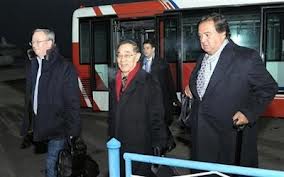
Dancing with Google DPRK-Style
by Peter Hayes – Deterrence Contributor
A recently completed private mission to North Korea has been described as “useful idiots”…
Critical Monitoring and Verification Issues In Northeast Asia
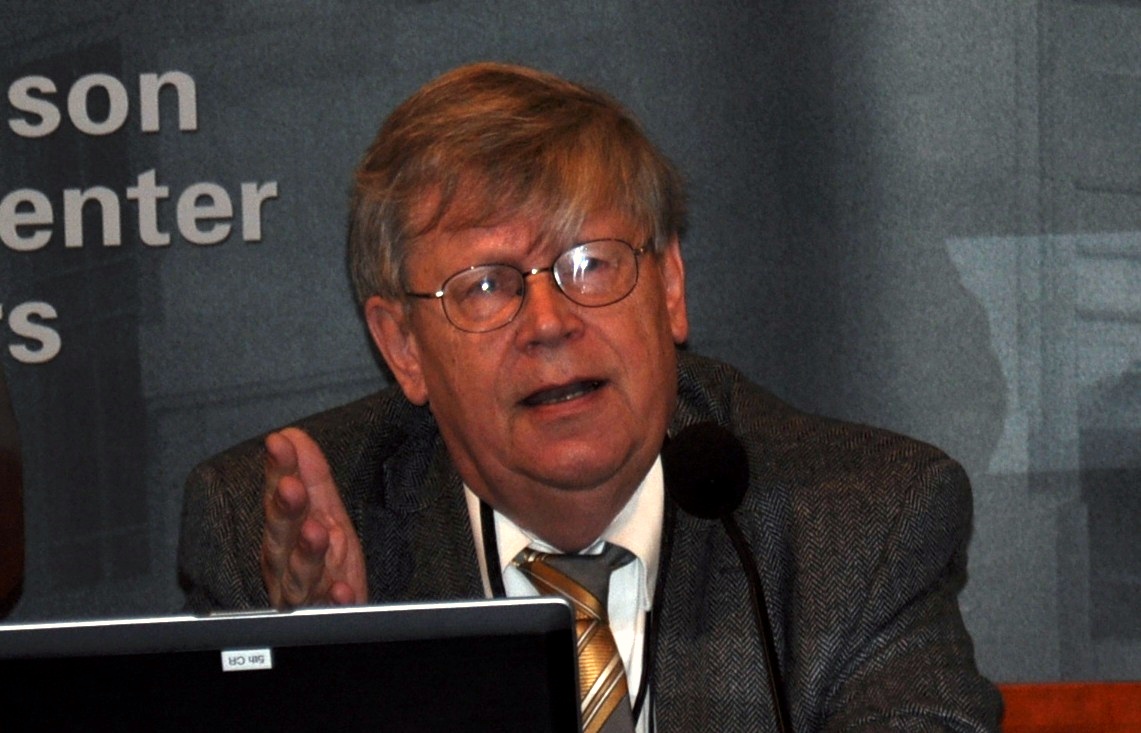
In this short report Olli Heinonen addresses critical monitoring and verification issues arising from Morton Halperin’s proposal for a nuclear weapons free zone as a new approach for the security in Northeast Asia.
Olli Heinonen is a Senior Fellow at the Belfer Center for Science and International Affairs at Harvard University.
This report was originally presented at the New Approach to Security in Northeast Asia: Breaking the Gridlock workshop held on October 9th and 10th, 2012 in Washington, DC. All of the papers and presentations given at the workshop are available here, along with the full agenda, participant list and a workshop photo gallery.
Go to the articleThe sick man of Asia: costs of denial

Richard Tanter explains why the new Japanese government led by Prime Minster Abe Shinzo renders Japan incapable of serving as the northern anchor of the US pivot strategy—not for military reasons, but due to the inability of Japanese restorationist nationalists to come to terms with the pain inflicted by sexual slavery conducted by its military forces during its colonial and imperial occupation of Asia during World War II.
Richard Tanter is Senior Research Associate at the Nautilus Institute, and professor in the School of Social and Political Studies at the University of Melbourne.
Email: rtanter@nautilus.org
Go to the articleComfort women and the costs of denial

Comfort women and the costs of denial
by Richard Tanter – Austral Peace and Security Contributor
I want to explain why Japan as the northern hinge of the United States’ pivot strategy …
Impact of a North East Asian NWFZ on Taiwan Strait and Korea Deterrence
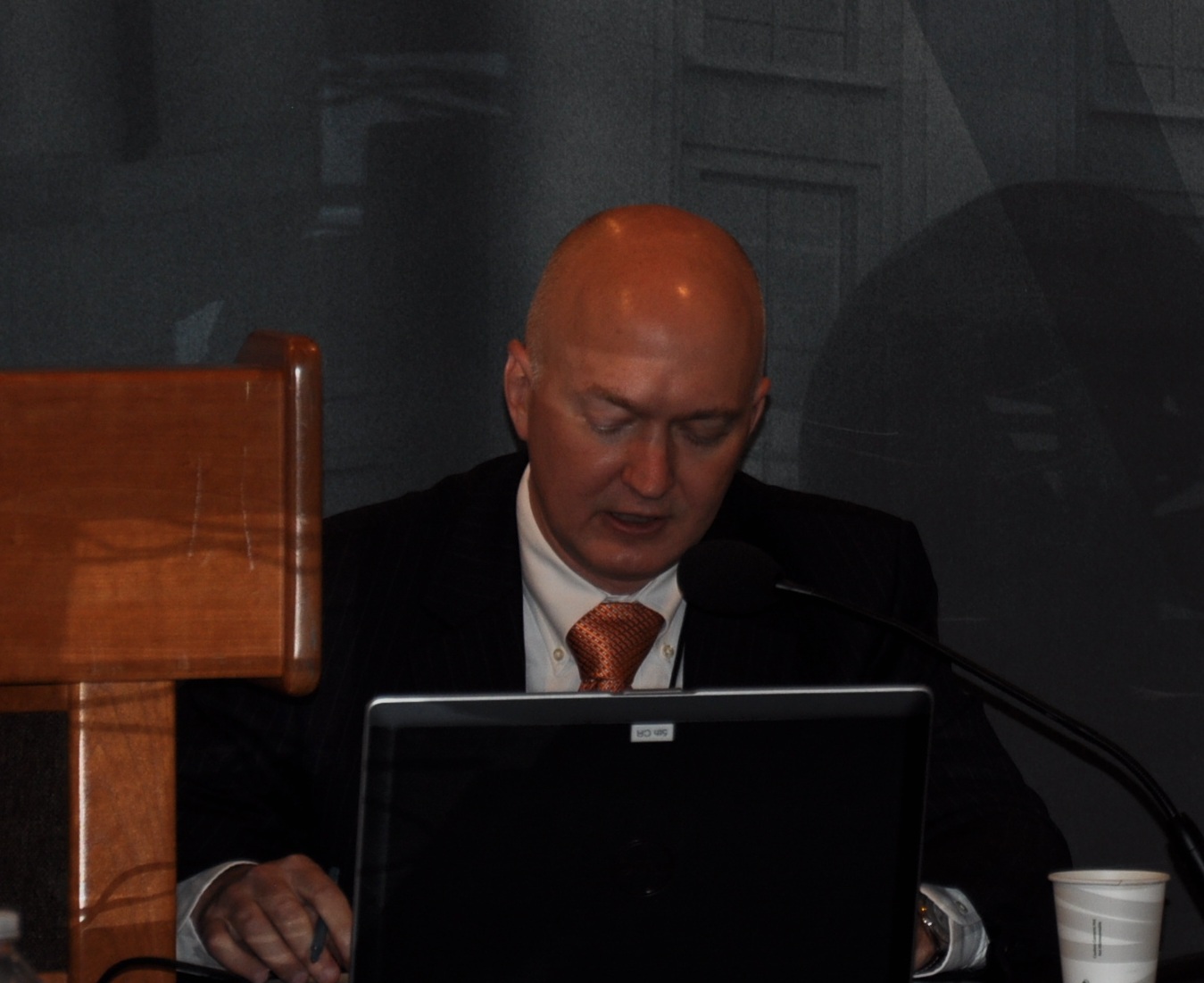
In this report Eric Heginbotham addresses the potential impact of a Northeast Asian Nuclea Weapons Free Zone on U.S. and allied deterrence capabilities in potential Korean Peninsula and Taiwan Strait scenarios. The report focuses primarily on technical military questions related to the balance and nature of military capabilities in those areas.
Eric Heginbotham is a senior political scientist at the RAND Corporation specializing in East Asian security issues. He has recently led RAND projects assessing U.S. engagement opportunities and challenges in Southeast Asia and on U.S. and Chinese relative military capabilities.
This report was originally presented at the New Approach to Security in Northeast Asia: Breaking the Gridlock workshop held on October 9th and 10th, 2012 in Washington, DC.
Go to the article
